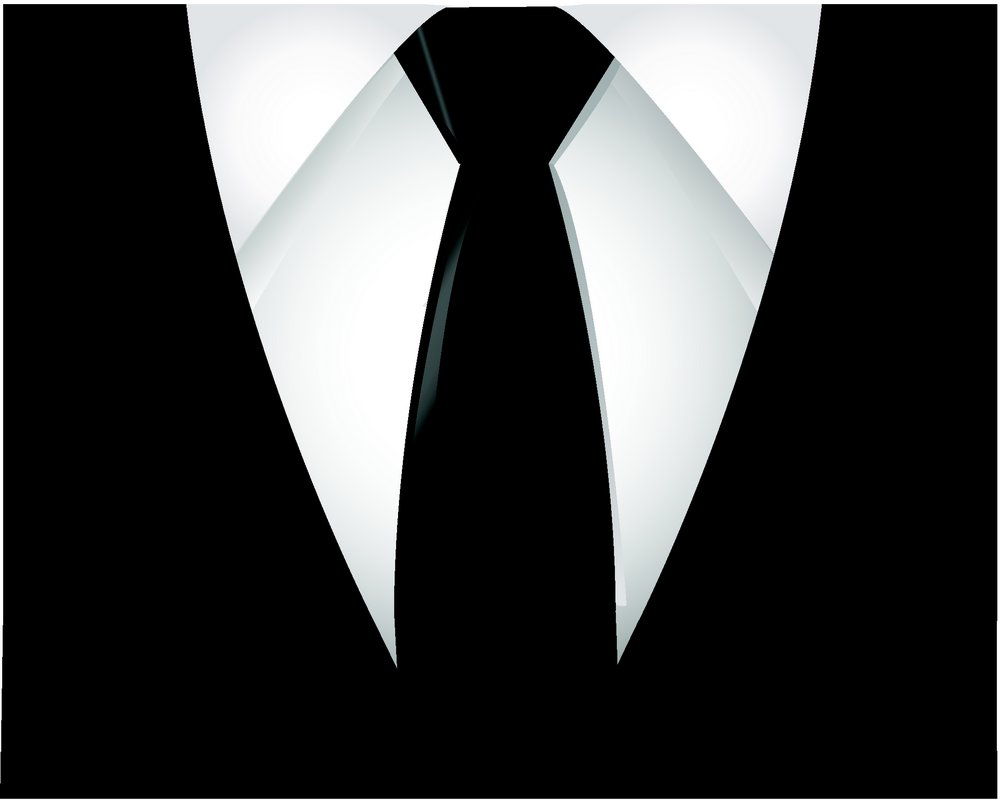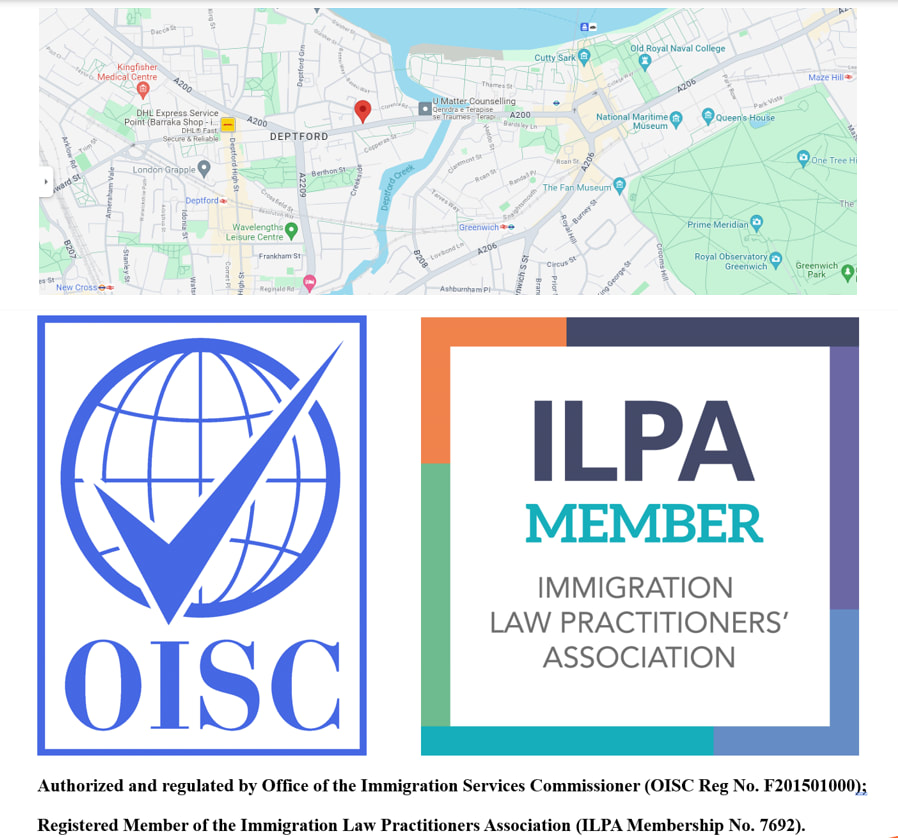奥索英国移民事务所,是英国内政部移民事务专署(OISC)授权的专业移民法律机构。公司注重信誉,坚信细节决定成败,秉持专业、高效、负责的职业标准认真细心的为您服务。
Business in the U.K.
Doing business in the UK, Internationally speaking, it pays to think globally and act locally. When traveling and thinking of startup your business in the UK, it's important to learn about the people and culture you are doing business with, so as not to be misunderstood or appear rude. Here are some tips for businesspeople and other visitors traveling in the UK:
UK Facts: The United Kingdom is made up of Great Britain and Northern Ireland. Great Britain consists of England, Scotland, and Wales. Great Britain is sometimes called just Britain for short, though technically Britain refers only to England and Wales. The largest part of the population of the United Kingdom consists of White Anglo-Saxon Protestants.
British accents: There are many different British accents, which can indicate geographical origin, education, and/or class.
British slang and special terms: Even though both Americans and the Brits speak English, they have their own versions of some words: afters (dessert, which is also called pudding); bloody (damned); bobby (policeman); ground floor (first floor); intercourse (friendly dialogue); in the club (pregnant); one stone (14 pounds); row (pronounced "now": argument); serviette (napkin); thick (dumb), brolly (umbrella), lorry (truck); loo (toilet).
How the Brits view themselves: Civilized, well-mannered, well educated. They are generally an understated people, cool, detached, often hard to read and very class-conscious.
Business Meetings: Britain is still very much a man's world, but the emphasis of the new generation is on change. For example, working women are now entitled to 18 weeks of maternity leave, 8 weeks more than the United State. Today, women constitute more than half the work force, making them visible in many fields.
Presentation: Be diffident but efficient. Don't rush, never dictate, and don't make presumptions. The Brits like facts. They are also quite formal. Small talk is okay (weather, your trip to London, and so on), but don't be too casual. When people ask questions and make comments, take notes.
Concluding the meeting: It's your move here. Seeming reluctance to end a meeting in the UK may simply be a show of courtesy. Be a closer without being too abrupt.
Communication Styles: As with most cultures, there are subtle nuances when conducting meetings. The Brits are usually very polite and a bit more formal than Americans, maintaining good posture and not using slang or being too familiar with someone they've just met.
Bank holidays: National holidays, when banks are closed. These vary among countries in the UK and some fall on different dates each year; check online for 2015.
Reading "The Brits": The Brits can be difficult to read, and they like it that way! Showing all your cards is a sign of weakness; thus, understatement is the preferred manner of communication. Their gestures or expressions may lead you to believe they are in full agreement with you when exactly the opposite is true.
Entertaining: While tea and half-pints at pubs are the national drinks, Starbucks has taken over London in recent years.
Afternoon tea is a unique way to entertain, usually between 3 and 6 p.m., and includes both sweets and savories. Sunday lunch, from mid- to late afternoon, is also popular, and may include such traditional dishes as roast beef or shepherd's pie.
Table manners are different than in the United States. The Brits eat continental style, without switching their fork from the left to right hand as Americans and Canadians do, but it is not a faux pas to maintain our "zigzag" eating style.
Toasting and tipping are both expected! Toasting can be done at the beginning of the meal with a simple "Cheers!" Don't begin to eat your food before everyone is served or before the host starts to eat, especially if the host is a woman. Ten to 15 percent is standard for tipping; more than that would be considered extravagant!
Doing business in the UK, Internationally speaking, it pays to think globally and act locally. When traveling and thinking of startup your business in the UK, it's important to learn about the people and culture you are doing business with, so as not to be misunderstood or appear rude. Here are some tips for businesspeople and other visitors traveling in the UK:
UK Facts: The United Kingdom is made up of Great Britain and Northern Ireland. Great Britain consists of England, Scotland, and Wales. Great Britain is sometimes called just Britain for short, though technically Britain refers only to England and Wales. The largest part of the population of the United Kingdom consists of White Anglo-Saxon Protestants.
British accents: There are many different British accents, which can indicate geographical origin, education, and/or class.
British slang and special terms: Even though both Americans and the Brits speak English, they have their own versions of some words: afters (dessert, which is also called pudding); bloody (damned); bobby (policeman); ground floor (first floor); intercourse (friendly dialogue); in the club (pregnant); one stone (14 pounds); row (pronounced "now": argument); serviette (napkin); thick (dumb), brolly (umbrella), lorry (truck); loo (toilet).
How the Brits view themselves: Civilized, well-mannered, well educated. They are generally an understated people, cool, detached, often hard to read and very class-conscious.
Business Meetings: Britain is still very much a man's world, but the emphasis of the new generation is on change. For example, working women are now entitled to 18 weeks of maternity leave, 8 weeks more than the United State. Today, women constitute more than half the work force, making them visible in many fields.
Presentation: Be diffident but efficient. Don't rush, never dictate, and don't make presumptions. The Brits like facts. They are also quite formal. Small talk is okay (weather, your trip to London, and so on), but don't be too casual. When people ask questions and make comments, take notes.
Concluding the meeting: It's your move here. Seeming reluctance to end a meeting in the UK may simply be a show of courtesy. Be a closer without being too abrupt.
Communication Styles: As with most cultures, there are subtle nuances when conducting meetings. The Brits are usually very polite and a bit more formal than Americans, maintaining good posture and not using slang or being too familiar with someone they've just met.
Bank holidays: National holidays, when banks are closed. These vary among countries in the UK and some fall on different dates each year; check online for 2015.
Reading "The Brits": The Brits can be difficult to read, and they like it that way! Showing all your cards is a sign of weakness; thus, understatement is the preferred manner of communication. Their gestures or expressions may lead you to believe they are in full agreement with you when exactly the opposite is true.
Entertaining: While tea and half-pints at pubs are the national drinks, Starbucks has taken over London in recent years.
Afternoon tea is a unique way to entertain, usually between 3 and 6 p.m., and includes both sweets and savories. Sunday lunch, from mid- to late afternoon, is also popular, and may include such traditional dishes as roast beef or shepherd's pie.
Table manners are different than in the United States. The Brits eat continental style, without switching their fork from the left to right hand as Americans and Canadians do, but it is not a faux pas to maintain our "zigzag" eating style.
Toasting and tipping are both expected! Toasting can be done at the beginning of the meal with a simple "Cheers!" Don't begin to eat your food before everyone is served or before the host starts to eat, especially if the host is a woman. Ten to 15 percent is standard for tipping; more than that would be considered extravagant!




